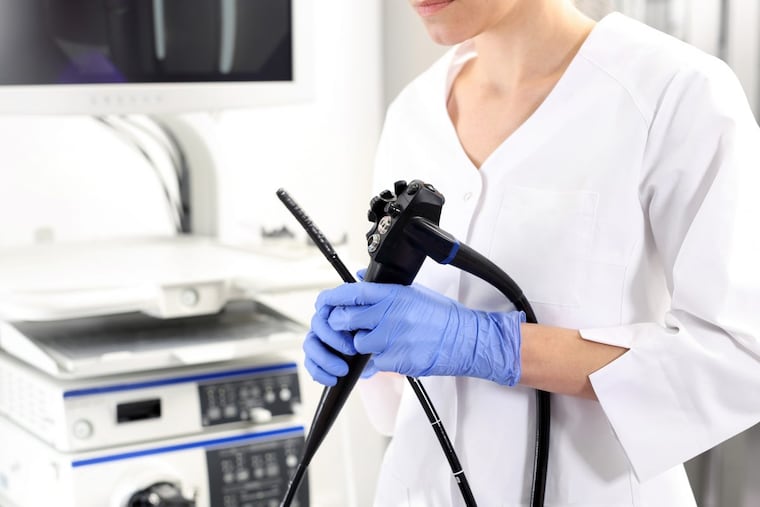Not all patients are happy to stop routine colonoscopies at age 80 | Expert Opinion
Decisions about screening should not be based on age alone, but rather on a thorough assessment of benefit versus risk, and thoughtful consideration of your personal values.

During her recent office visit, a longstanding 80-year-old patient asked me when she should schedule her routine colonoscopy. In my primary-care practice, 80 is often a very vital age, yet many general preventive health guidelines focus on a younger population.
“Well, according to the guidelines, you don’t really need to have them anymore,” I replied, thinking she would be happy to cross that off her list of medical to-dos. I was surprised by her reply.
“But I’d like to. I’m active and healthy, why not continue to do the preventive screening?”
Perhaps you have had similar thoughts about yourself or a loved one. Is there a rigid cut-off age for mammography, colonoscopy or other cancer screening tests?
Studies have shown that, in order to derive a longevity benefit from cancer screening, you should have a life expectancy of at least 10 years. Based on average life expectancy, the U.S. Preventive Services Task Force recommends continuing colorectal cancer screening through age 75, and mammography up to age 74. These age limits are meant to inspire discussion, rather than prohibit testing beyond a certain age.
When you are older, especially if you have chronic health conditions, keep in mind that the risks from screening tests may outweigh their ability to improve or extend your life. For instance, in rare cases, colonoscopy may cause bleeding or a tear in the lining of the colon, and older adults are at higher risk of adverse effects from anesthesia. Mammography may produce false positive results (testing positive when there is no disease present), which can cause anxiety and lead to further testing, such as biopsy, which carries some inherent risk.
Decisions about screening should not be based on age alone, but rather on a thorough assessment of benefit versus risk, and thoughtful consideration of your personal values.
“You’re right,” I said to my patient. “You are very healthy, and it sounds like you are motivated to continue colon screening if it would benefit you.”
“Yes. I know I can’t control everything, but if I can prevent a problem without causing one, I’m all in,” she said.
We discussed her previous screening results, along with some newer, non-invasive tests now available for colon cancer screening. As she is healthy and her hypertension is under control, her overall procedure and anesthesia risk was low. She knew the gastroenterologist would also want to have an honest conversation with her about testing. Finally, I suggested she check with her health insurer to see which tests are covered, and what cost she might be responsible for.
Many people remain very active and productive into their 80s and 90s. There are many ways to prevent illness later in life, such as eating a balanced diet, getting regular exercise, preventing falls, having regular primary-care visits, and maintaining social connections. Although age alone may not exclude you from cancer screening, older age makes thorough discussion and collaborative decision-making with your clinician more important than ever.
Jeffrey Millstein is a primary-care physician and medical director for patient experience-regional practices at Penn Medicine.